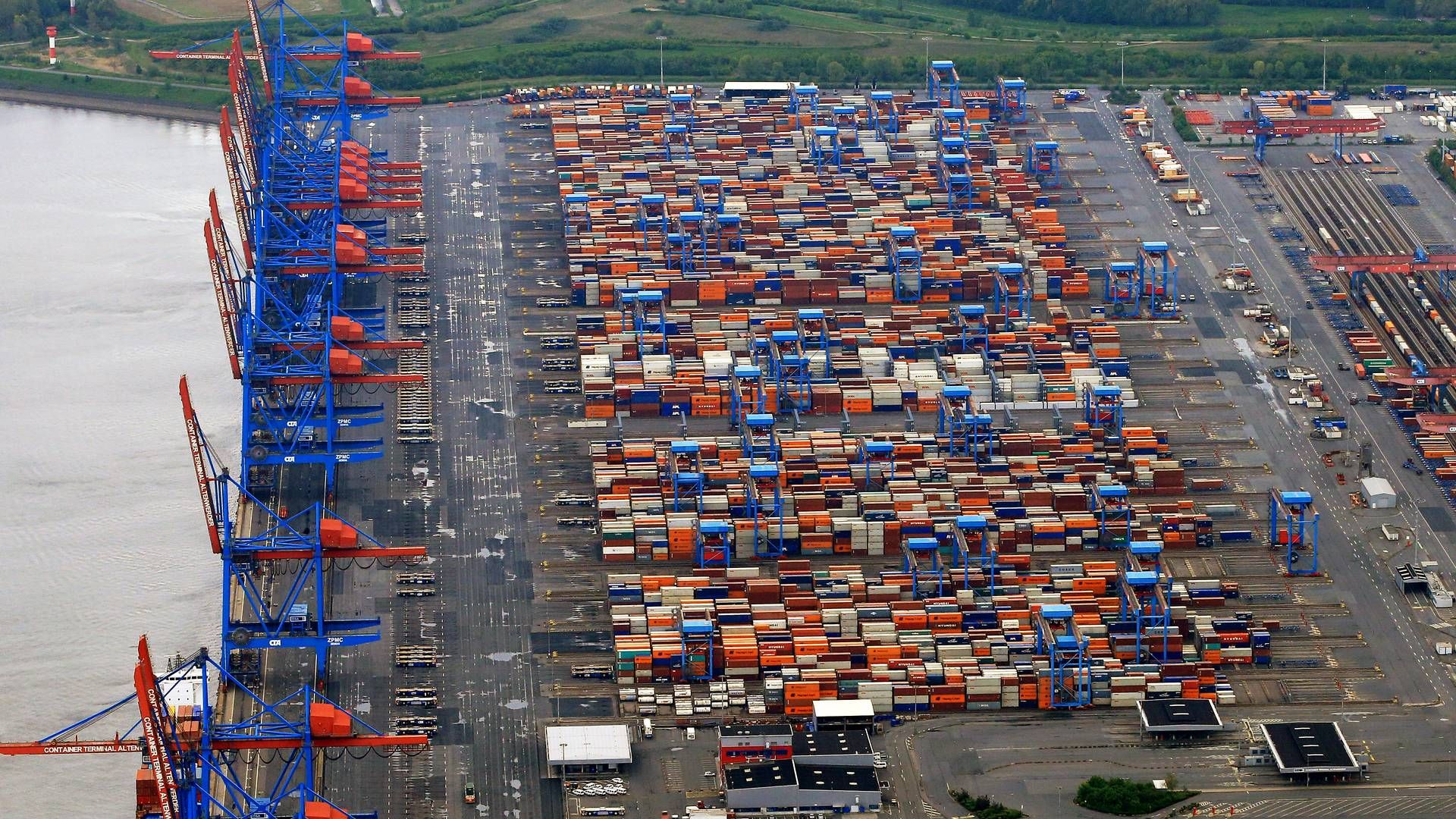Analyst firms predict tough times ahead for logistics

According to the IMF and the OECD, the global economy faces significant challenges in 2023.
For example, the OECD predicts that growth in the EU and US will equate to just 0.5 percent next year.
A development like this would unavoidably impact the global logistics sector, says analyst bureau Transport Intelligence.
”It is clear that we are entering a period of economic intensity, where the number of employees and assets will be cut down to meet demand,” the bureau writes.
The bureau highlights that accounting firm BDO has reported falling M&A activity in the British logistics sector for the third consecutive quarter. At the same time, several transportation firms have released gloomy predictions recently.
US courier Fedex announced last week that its subsidiary would be putting some of its workers on leave on several American markets, as ”the current business conditions are impacting volumes.”
At the same time, Amazon is reportedly planning the largest firing round in the company’s history, where around 10,000 jobs will be cut, Transport Intelligence writes.
These layoffs will primarily take place within Amazon’s devices and retail businesses, but the firm has also scaled down its logistics arm recently, either by closing or postponing the construction of more than 60 warehouses.
US transport firm C.H Robinson, which is rumored to be a potential target for a DSV acquisition, has recently confirmed that 650 staff have been let go in an attempt to cut costs.
Tight purse strings
A second analyst bureau, Xeneta, an ocean and air freight benchmarking platform, shares the view that there are tough times ahead. Both the sea and air freight markets will face significant challenges, it predicts.
”The cost of living crisis is eating into consumer purchasing power and leaving poor appetite for imported container goods,” says Xeneta CEO Patrik Berglund.
Xeneta predicts that ocean freight volumes could be facing a 2.5 percent drop. At the same time, carriers are getting new ships and extra capacity delivered, meaning that overcapacity may now become an issue after a long period of capacity shortage and bottlenecks.
Falling volumes and rates on ocean freight might also affect the air freight market, Xeneta states, as operators may switch some transport from air to sea.
”It will have a big impact on the air freight segment, where the volumes are naturally much smaller,” says Berglund.
Air freight volumes had fallen by 10.6 percent in September compared to the preceding year, according to figures from the International Air Transport Association (IATA).
Crisis is being felt by Danish companies
The declining activity on freight markets has recently had consequences for publicly listed Danish freight forwarder NTG.
Previously in November, NTG told ShippingWatch’s sister media, MobilityWatch, that the company had launched a ”temporary freeze of appointments in our Air & Ocean division, not including sales personnel.”
In relation to DSV’s Q3 report in October, CEO Jens Bjørn Andersen said it remains unclear how severe and long-lasting the crisis will be. There are, however, no immediate plans for large saving rounds.
”But of course, if volumes decrease significantly, we will obviously have to try to adapt our costs,” he told MobilityWatch.
However, potential cost savings would not necessarily have to include staff, he said.
Transport Intelligence also highlights that the length of the economic decline is unclear, but that companies with flexible business models will ”undoubtedly” do better than the rest.
(This article was provided by our sister media, MobilityWatch)
English edit: Catherine Brett & Kristoffer Grønbæk
Scan Global bucks market trend – has no plans to halt new appointments
Uncertainty affecting NTG’s appetite: ”We’re more skeptical of acquisitions”
DSV aims to grow further via acquisitions with market consolidation still very far away




















